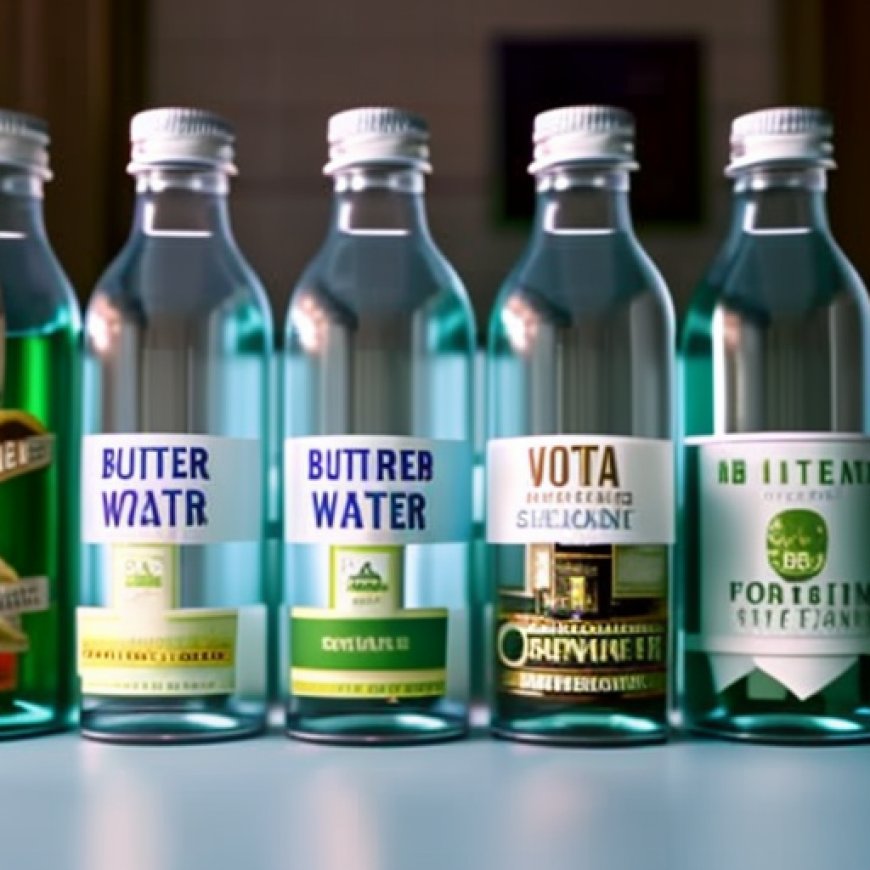Rethinking Irvine’s proposed bottled water ban
Rethinking Irvine’s proposed bottled water ban OCRegister


The Delicate Balance Between Environmental Responsibility and Community Well-being in Pursuit of a Sustainable Future

The proposed ban on bottled water in Irvine has sparked a meaningful conversation about the delicate balance between environmental responsibility and community well-being in pursuit of a more sustainable future.
The Importance of Recognizing the Role of Bottled Water in Irvine
While the city of Irvine’s efforts to reduce single-use plastics are admirable, it is essential that our elected leaders recognize the many roles bottled water plays in our community and the potential repercussions of a sweeping, city-wide ban.
The proposed ban assumes that clean tap water is a given for all of Irvine’s residents, and that is simply not the case. For some residents, bottled water is a necessary solution in the face of recent findings indicating above-average levels of contaminants in the city’s tap water. A ban would limit access to safe, clean bottled water that allows Irvine residents to meet their hydration needs without jeopardizing their health.
The ban would also introduce a new set of challenges for other residents, like the immunocompromised, who depend on bottled water. Restricting its access within city limits may compel those residents to import bottled water from other cities, creating additional, unnecessary logistical hurdles for vulnerable communities seeking safe drinking water sources.
The Broader Purpose of Bottled Water
Bottled water also serves a broader purpose beyond individual consumption. It is a staple at community events, a vital resource for local sports teams, and an essential commodity for non-profit organizations.
For example, Crime Survivors Resource Center, a non-profit dedicated to providing hope, healing, and resources to victims and survivors of crime, hosts an annual 5k run/walk, Thanksgiving event, and Christmas toy drive in the city of Irvine each year.
These events are attended by members of law enforcement, families of murder victims, and survivors of attempted murder, domestic violence, rape, sexual assault, child abuse, elder abuse, and human trafficking. As you could imagine, the events rely heavily on the distribution of bottled water.
Moreover, during emergencies, such as the recent fire in the City of Tustin, the need and portability of bottled water can be lifesaving, making an outright ban appear shortsighted and potentially risky. Additionally, Irvine’s businesses, including locally owned community markets and convenience stores, may experience reduced sales, and increased costs for compliance, hindering their recovery from the economic challenges posed by inflation and the pandemic.
A Holistic Approach Towards a Sustainable Future
The road to a sustainable future should be navigated with a keen – and practical – understanding of the city’s diverse needs. Rather than a sweeping ban, the City Council should explore more sensible alternatives that address environmental concerns without disregarding our communities’ human right to accessible and safe drinking water.
Promoting Sustainable Practices
An effective approach could involve incentivizing the use of reusable and eco-friendly products, fostering community-led initiatives for plastic waste reduction, and investing in comprehensive water purification infrastructure. This multifaceted strategy would not only preserve and improve access to safe drinking water, but also empower the community to actively participate in sustainable practices.
Leading the Way Towards a Sustainable Future
Irvine is presented with an opportunity to lead the state in innovative policies that strike a balance between smarter environmental stewardship and community inclusivity. A reconsideration of the proposed bottled water ban is not a compromise of our commitment to the environment, but a step towards a more holistic and effective solution. Let us strive for an approach that respects the diverse needs of Irvine’s residents while advancing our collective journey towards a more sustainable future.
Patricia Wenskunas is the Founder and CEO of Crime Survivors Resource Center.

Join us, as fellow seekers of change, on a transformative journey at https://sdgtalks.ai/welcome, where you can become a member and actively contribute to shaping a brighter future.







